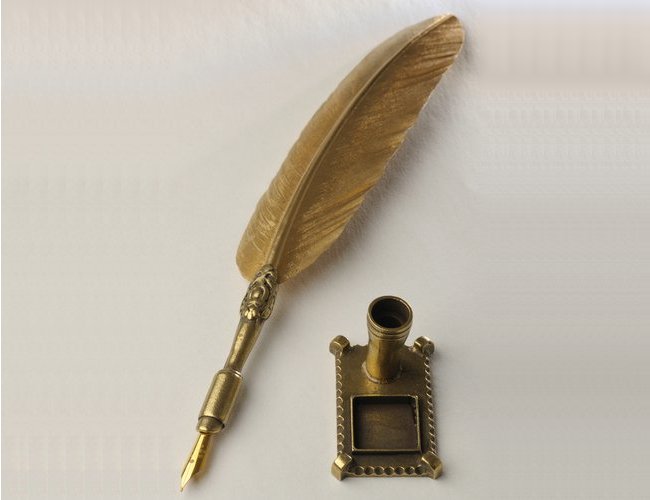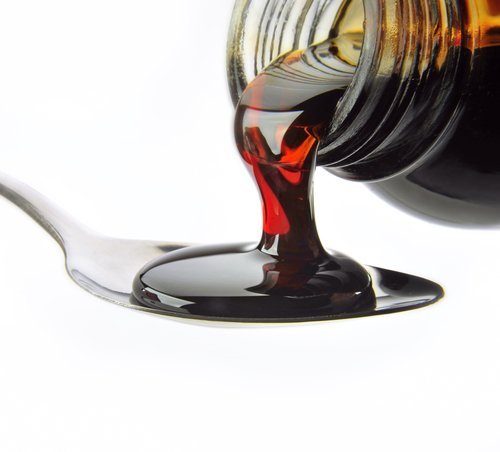One hundred and sixty-five years ago in New York, Albert Bagley filed one of the first trade secret cases in modern times (if Lexis is to be believed) against his former employee Charles Peddie. In Bagley v. Peddie, 16 N.Y. 469 (1857), Bagley claimed that Peddie had breached an agreement not to disclose Bagley’s secrets for making gold pens.
The trial court dismissed Bagley’s case for failing to prove special damages, but New York’s high court reversed. The court held that Bagley’s failure to prove damages wasn’t the end of the story, because Peddie had agreed to pay $3,000 in liquidated damages if he breached the agreement. The court found the provision enforceable because it was otherwise impossible to determine what damages Bagley sustained from entrusting his trade secrets to an employee who subsequently leaves, reveals the secrets to others, or embezzles his materials. READ MORE



